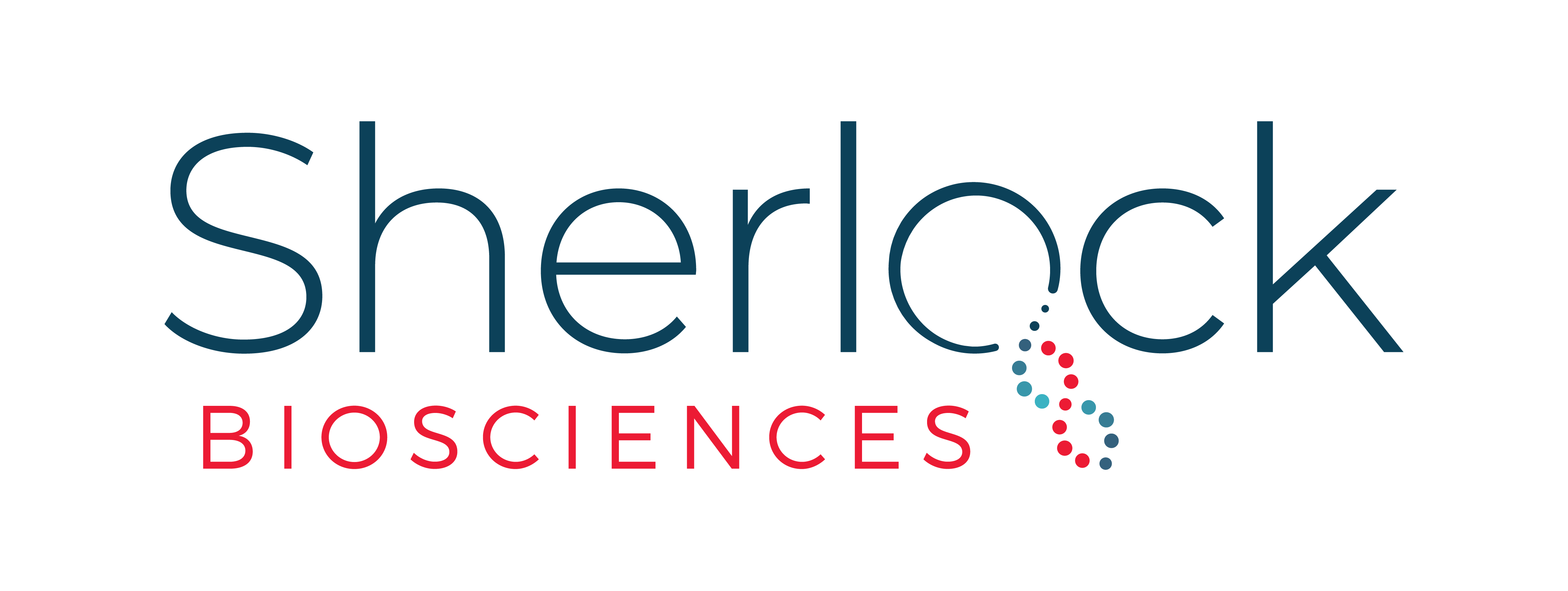The challenges of health access were clear during the COVID-19 pandemic as the world struggled to access accurate and rapid tests that could help control the spread of the virus. But it spoke to the importance of innovators in this space to do better. Sherlock Biosciences emerged as one such innovator as the company developed a novel diagnostic platform for the rapid detection of the virus that causes COVID-19. Proving as accurate as the gold standard PCR test, it was the first-ever FDA authorized use of CRISPR technology and demonstrated the power of CRISPR, while serving as a launch pad for the company’s advancements toward future applications that meet the needs of an evolving diagnostic landscape. Even as we start to move beyond the pandemic, Sherlock continues to innovate to meet consumer demands and evolve its offerings with a focus on cost, efficiency, speed, accuracy, and convenience.
 Innovation
Innovation
Powered by CRISPR and synthetic biology, Sherlock’s proprietary engineering biology tools form the foundation of their decentralized diagnostic platform for DNA and RNA detection. The company’s namesake technology, SHERLOCK, works by programming special CRISPR-Cas enzymes to detect the presence of a specific nucleic acid signature in a sample through “smart amplicon detection.” Meanwhile, INSPECTR leverages the power of synthetic biology by using freeze dried synthetic gene networks as programmable molecular diagnostic devices. These innovations deliver PCR-level accuracy in a fully disposable format with highly accurate results in minutes, making diagnostics accessible to low resource settings across a range of infectious diseases.
In 2021, Sherlock was named to Fast Company’s inaugural Next Big Things in Tech list as well as Fast Company’s annual list of the World’s Most Innovative Companies.
Talent Development
Sherlock’s employee-run Internship & Co-op Program is part of its commitment to enabling STEM workforce equity by providing professional development and mentorship to students from underrepresented groups interested in exploring a variety of careers within the biotechnology industry.
Social Responsibility
In 2020, Sherlock launched The 221b Foundation, a nonprofit organization founded to bring novel CRISPR-based diagnostics to underserved populations around the world to maximize global impact and improve public health. The foundation partners with global health institutions, providing access to Sherlock’s products and IP through distribution and licensing. Among the programs supported by the foundation was a broad initiative with the Ministry of Health and Population in Nepal to help control the spread of SARS-CoV-2 throughout the country. Through donations of equipment and resources, the foundation provided support to help Nepal stem the spread of COVID-19 and bolster the countries testing strategy.








